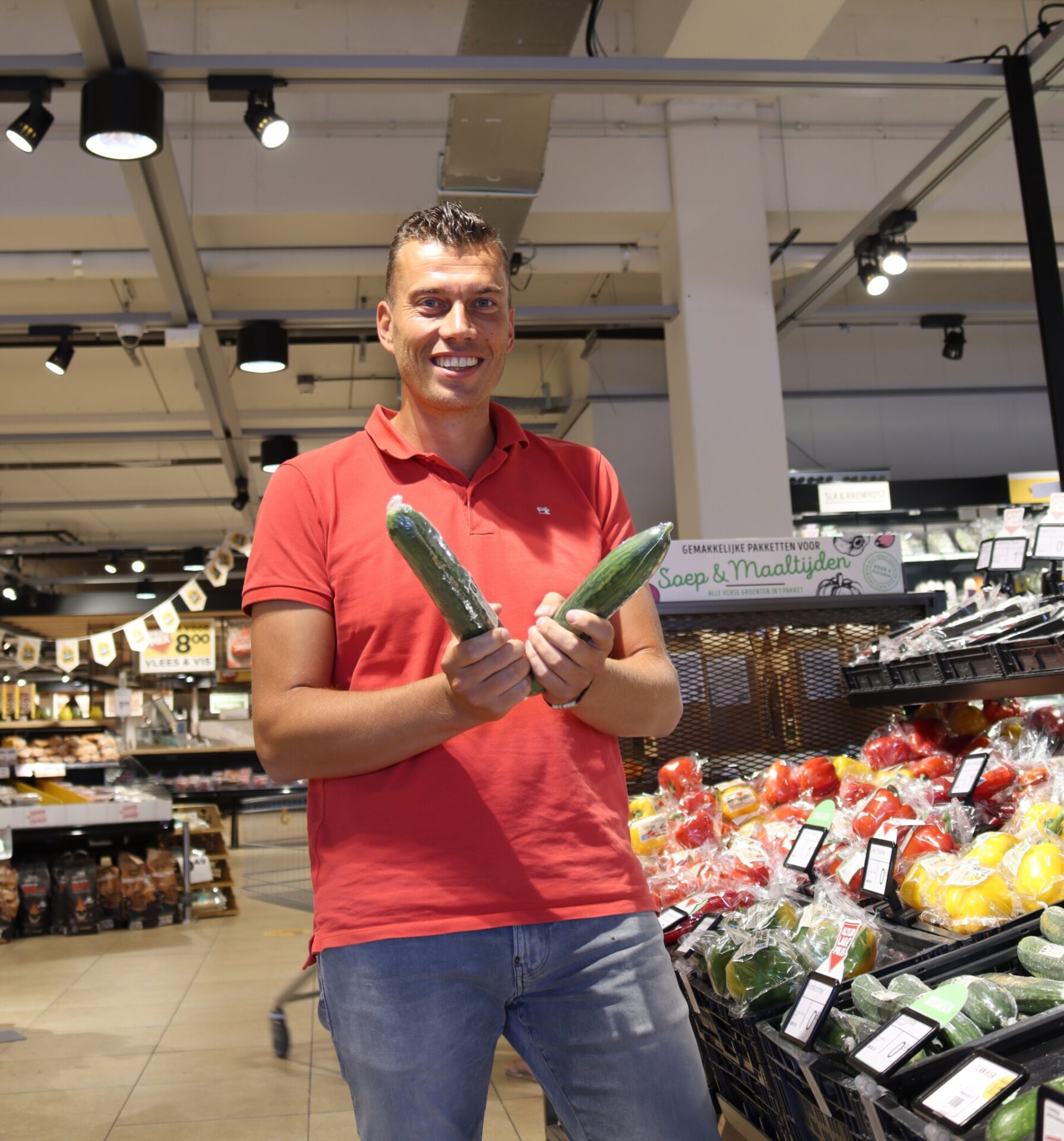
Director of Oerlemans Packaging Group Joan Hanegraaf

Cucumber film gives cucumbers a longer shelf life. With the right packaging, portions of cucumbers will also stay edible for longer.
Supermarkets aim to reduce the use of packaging materials, but modern packaging actually ensures the safety and shelf life of food. Portion packaging plays a major role in preventing food waste, and the environmental impact of food waste is far greater than that of modern packaging, Hanegraaf argues.
More need for small packages
‘Families have become smaller over the years and the number of single-person households has grown significantly. This means that in many product groups there is a greater need for smaller packages and portion packs. For pre-cut or processed vegetables, packaging is also important for freshness. The packaging for sliced lettuce, with lasered holes and sometimes oxygenated, ensures that the lettuce stays good much longer. But once the package is opened, the effect is gone and the lettuce spoils quickly. So variation in portion sizes can prevent spoilage.’
‘Packaging is detrimental if it ends up in nature. So we definitely need to make sure they are carefully recycled. But the biggest waste occurs when products are poorly packaged, which results in far too short a shelf life. By preventing waste, we can save a huge amount of CO2 emissions.’
Intensive chain cooperation
‘For years the discussion has been about preventing litter. But now recycling is well underway and climate change is a much bigger problem. By tackling waste we make a much greater contribution to this than by reducing packaging. This is because the footprint of packaging is minimal compared to the impact of the products themselves. To achieve that, we need intensive chain cooperation between manufacturer, supermarket and packaging industry, in order to establish honest communication to consumers about what is truly sustainable.’
Read the complete article on Distrifood.nl (in dutch)
#energy #food #foodwaste #sustainable #solutions #packaging





